I wrote this article in Japanese and translated it into English using ChatGPT. I also used ChatGPT to create the English article title. I did my best to correct any translation mistakes, but please let me know if you find any errors. By the way, I did not use ChatGPT when writing the Japanese article. The entire article was written from scratch by me, Saikawa Goto.
Introduction
Movies and books covered in this article
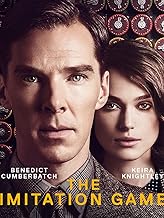
Three takeaways from this article
- The super genius who conceived the idea of the “Thinking Machine” with mathematical backing.
- The hardships faced by a man with zero cooperation who defied conventional cryptanalysis methods.
- The life of a man whose wartime exploits were kept secret as classified information and who therefore chose to die from prejudice.
Self-introduction article


Published Kindle books(Free on Kindle Unlimited)
“The genius Einstein: An easy-to-understand book about interesting science advances that is not too simple based on his life and discoveries: Theory of Relativity, Cosmology and Quantum Theory”
“Why is “lack of imagination” called “communication skills”?: Japanese-specific”negative” communication”
The quotes used in this article are based on notes taken at the movie theater from movies in Japanese and are not direct quotes from the foreign language original movies, even if they exist.
Genius Alan Turing Saved Countless Human Lives. However, This Fact is Not Widely Known
Alan Turing was an exceptional genius in history, who achieved remarkable feats. However, he was at the mercy of history. His greatest achievement, which is said to have saved more than 14 million lives, remains unknown to the public, and he suffered from prejudice and committed suicide at the young age of 41.
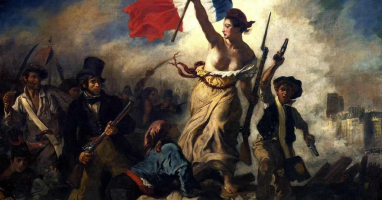
In this movie, his incredible life story is depicted. We should not forget the existence of this “hero” who created something that could be said to be the foundation of modern society and saved numerous lives.
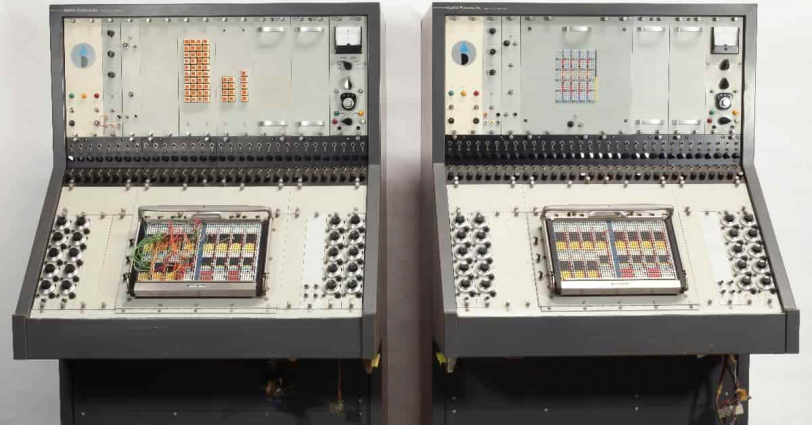

The Genius Who Created the “Computer”
It’s hard for us to imagine a world without computers. It’s not just about personal computers not existing, but also about smartphones not being born, and most of the things made by machines and controlled by machines not being possible. Of course, there would be no internet. It’s a world that we can’t even imagine anymore.
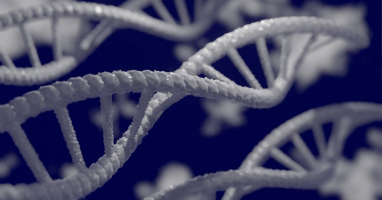
So, who exactly created the “computer” that we can’t imagine living without? Some may imagine Steve Jobs or Bill Gates, who turned the “computer” into something easy to use for individuals. Of course, their achievements are great, but they did not create the “computer.”
It was conceived by a genius mathematician named Alan Turing.

Sometimes, unexpected people achieve unimaginable feats.
He was called the “Father of Computers” and came up with the idea of a “Thinking Machine” at a time when such a concept was unthinkable. Unlike what science fiction writers imagine, he thought about the mathematical core of what makes a “Thinking Machine” possible today.

The world is so wonderful because you are not ordinary.
You might have heard the word “Turing” before, especially in today’s age where artificial intelligence is getting a lot of attention. This is because one way to measure the level of artificial intelligence is through a test called the “Turing test.” This is a method for determining whether a machine can exhibit intelligent behavior that is indistinguishable from that of a human. The test is simple: both a human and an AI are asked the same questions, and the questioner cannot see either of them. And which response is “more human” is judged.
Machines do not think like humans. Machines think differently from humans. But that’s an interesting question. If machines don’t think like humans, does that mean they’re thinking?
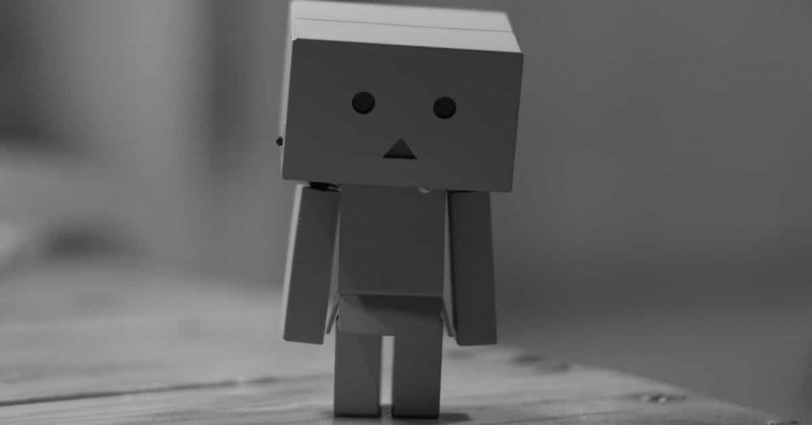

When Turing came up with the idea of a “Thinking Machine,” a debate ensued, “Do machines think like humans?” However, there is no use arguing blindly. So Turing presented the “Turing test” and proposed that if a machine passed the test, it could be judged to be “thinking like a human being. Certainly various criticisms exist for this “Turing test,” including the thought experiment known as the “Chinese room”. However, I feel that it is very important in the sense that it “presented a starting line to initiate discussion.
We cannot say for certain whether computers would not have been born without Turing. Someone else may have come up with a similar idea. However, one thing is certain: the later society’s evolution would be delayed the later the computer idea is born. We can say that we are living in a “convenient society” today thanks to Turing.

How did Turing Save the Lives of Over 14 Million People?
Creating the prototype for computers alone would have been a great achievement for one person. But what Turing accomplished goes beyond that. He actually saved the lives of many people.
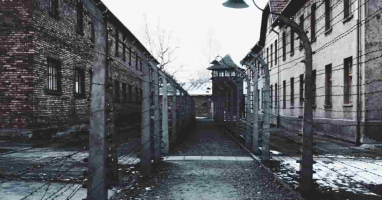
I took a train this morning in the city that might have disappeared. It’s the city that you saved.


In 2013, Queen Elizabeth granted an unprecedented “pardon” to Turing for his remarkable achievements.
However in the first place, the fact that he has been pardoned implies that he was accused of some crime. He died (it is believed to be a suicide) while still in that state. And his honor was restored posthumously with the pardon. I will touch on the details of the crime he was accused of later, but it can be said that it is a tragedy that the “hero of the century” was arrested for a crime that was not called a crime, and that he committed suicide because of it.
By the way, the pardon for Turing was given in a form different from the usual procedure and was considered “unprecedented.” Normally, it is essential that “it is proven that one was actually innocent” and “a request from stakeholders who have a significant interest in the honor restoration, such as one’s family,” but Turing did not fit either category and was an exceptional case. From this point, we would be able to understand how strong the movement to “properly evaluate Turing’s achievements” was.

Returning to the story, it’s a story about how he saved many lives. How did he do it?
By breaking the code of the most powerful encryption machine used by the German army in World War II, called “Enigma.”
I defeated the Nazis with a crossword puzzle!
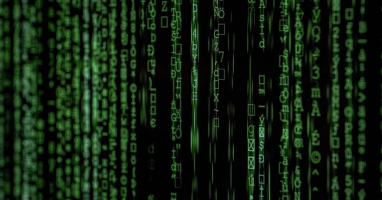
It might be difficult to imagine how deciphering a code machine could save lives, but it’s said that decoding Enigma helped end the war more than two years earlier. In other words, it saved the lives of all the people who might have died during those two years. Although it wasn’t just one person’s achievement, the fact that one person’s great accomplishment defeated the huge existence of war is truly amazing.

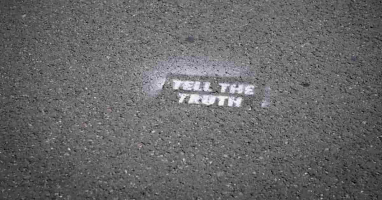
How difficult was it to decipher Enigma?
The British military initially possessed an actual Enigma machine obtained by the Polish military. Anyone with an AM receiver could intercept communications encrypted by Enigma, but the received content alone was impossible to know plaintext before encryption. This is because Enigma had “settings” that needed to be input in order to decipher it.
The number of possible “settings” in Enigma is 159 x 10 to the 18th power. It’s hard to imagine, but even if one setting is tried in a minute, and checked nonstop for 24 hours a day, 365 days a year, it would take 20 million years. Decrypting it seems impossible at first glance.
Moreover, these “settings” change every day. The German army changes these “settings” at midnight every day. The British army needs to decipher “that day’s setting” within just 18 hours because they receive Enigma’s transmission at 6:00 PM. It’s an incredibly difficult mission.
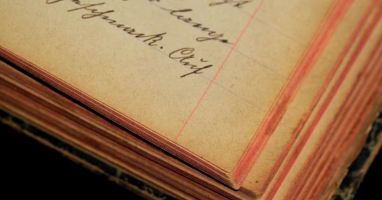
The laboratory responsible for deciphering Enigma gathered not only Turing but also various geniuses to work on the decipherment. All members of the team except Turing attempted to decipher Enigma by using the cryptanalysis methods that had been cultivated up to that point. It means that they attempted to confront the problem by using conventional methods such as syntactic analysis and pattern finding.
However Turing knew that this approach wouldn’t be enough to defeat Enigma. That’s why he created a machine specifically designed to decrypt Enigma. The machine, which connected motors and gears with wiring, reportedly cost 100,000 pounds, which is equivalent to millions of dollars today.
My machine will beat Enigma.

But other than Turing, the other members couldn’t understand what he was doing. They doubted what such a piece-of-crap machine could do. On the other hand, Turing, who had lacked cooperation since childhood, did not have the means to communicate his certainty to others, nor did he think he needed their help in the first place.
You will never understand the importance of what I am trying to create.

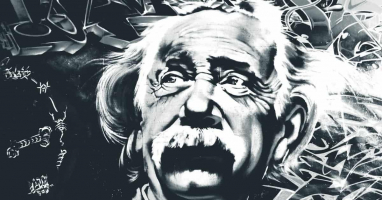
The Difficulty of Decoding Enigma and the Further Suffering that Awaited After Decryption were Immense
Turing’s lack of cooperation was a hindrance to deciphering Enigma.
Real soldiers fighting real battles, and we can’t produce any results. It’s your fault.
As he didn’t communicate what he was trying to achieve or how he was going to break Enigma, resentment grew against Turing.
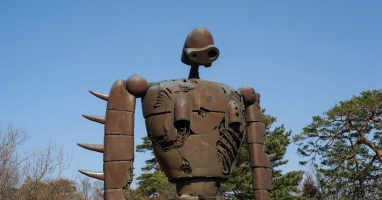
Clarke was the one who saved the situation. She was a genius who solved a crossword puzzle in 5 minutes and 34 seconds, while it took even Turing 8 minutes. She became Turing’s conversation partner and a good understanding person. She was the one who changed Turing’s attitude of not cooperating with other members and made the team function.
No matter how excellent you are, Enigma surpasses that. You need the cooperation of your team.
Thanks to her, they were able to get the final piece needed for Enigma decryption. In the end, they broke the cipher machine through cooperation.
The German army lost the war with love!

However, there was no time to enjoy the triumph of deciphering. It was something that no one other than Turing had considered, but the fact was that further difficulties awaited after decoding Enigma. Only Turing had been prepared to face these challenges with determination.


They were indeed gathered to “decrypt Enigma,” but that was only a means to an end. The greater goal was to “end the war.”
Now, let’s consider the perspective of the German army. If they realized that the confidential information encrypted with Enigma seemed to be leaking to the allied forces, what actions would they take? They would take various measures such as fundamentally changing the “settings” of Enigma or stopping the use of Enigma altogether.

In other words, the member of the institute were in a situation where they must not be known to enemies that they had “cracked Enigma”. What kind of situation would this create?
“Even though I’m not a god, I should not be able to determine life or death.”
“Still, I will do it. Because no one else can.”

After deciphering the code, they were able to know where and how the German army would attack and bomb. However, if they used that information to evacuate people who would be affected, the German army might become suspicious that Enigma had been deciphered. That’s why they had no choice but to decide to “accept the damage” even though they knew the damage would occur.
This is too harsh.
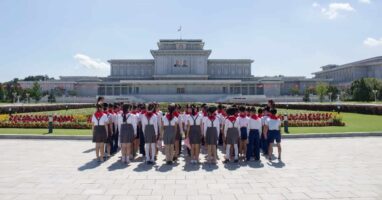
Even God doesn’t have as much power as we do.
I decided who should live and die every day.
Using the information obtained from decoding Enigma, they carefully prepared for the end of the war so that the Germans would not realize that “Enigma had been decoded.” In the process, they witnessed the loss of many lives that could have been saved if they had chosen to help.

The war continued for another two years. It was a lonely two years.


Thanks to their efforts, it is believed that the war ended 2 years earlier and more than 14 million people were saved. However, for those two years they had to constantly consider “who to save and who to kill,” and furthermore, because it was a top secret mission, they couldn’t talk to anyone about the hardships they faced. It can be said that those two years were unimaginable.
This is the story of one genius who fought and prepared to face the war with “mathematics.”

Content Introduction
The main settings of the story depicted in the movie are three: London in 1939, Manchester in 1951, and Sherborne School in 1928.

Turing was on his way to an interview at Bletchley Park (codenamed “Station X”) in 1939 for a top-secret assignment that was attracting talented people. Turing, then 27, was a math prodigy who had attracted attention when he published a groundbreaking paper at the age of 24. However, Commander Denniston was not convinced that Turing would be useful on this top-secret assignment. What was needed were linguists and cryptographers who could solve codes, not someone like Turing who had no knowledge of German, which was essential for code-breaking. However, Turing was confident in his own usefulness and said,
You need me, and I like solving problems.

Various people with different backgrounds, including a chess champion, were gathered to start the Enigma decryption project, but Turing, who had no cooperative skills, quickly became isolated from his colleagues. Additionally, due to his completely different approach, his colleagues couldn’t understand what he was doing and complained to their superiors. Even though he was denied funding of £100,000 for creating the necessary “toy,” Turing never doubted his own correctness and said,
Enigma is the best cipher machine in history. It cannot be broken by human power. Isn’t it the power of a machine that can break the machine?
With the help of Clarke and cooperation from his team members, Turing finally succeeded in decoding the seemingly impossible Enigma.

In 1951, Manchester police were investigating a burglary case. The victim was supposed to be Alan Turing, a math professor at Cambridge University. However, when they went to Turing’s house, they were turned away, being told that nothing had been stolen. The police found this suspicious and began to investigate his background. They found that even though it was said he had a previous military connection, there was no record of Alan Turing in the military. It wasn’t that he was classified as top secret, but rather that he simply did not exist in their records.

After much consideration, they began to suspect that Turing might be a spy for the Soviet Union…

In 1928, Turing, who excelled academically at Sherborne School, was bullied for his excellence and lack of cooperation. His savior was Christopher, who was also academically gifted and became Turing’s only friend. Christopher would introduce Turing to the world of “cryptography” at the school, but Turing would also experience “falling in love with someone” for the first time.
Conclusion

Alan Turing was arrested for “homosexuality”. At that time, “homosexuality” was illegal in the UK, meaning that one could be arrested and prosecuted for it. In order to avoid imprisonment, it is decided that “treatment” to correct his homosexuality was performed, but he later died. Although it is generally considered “suicide”, it is not clear if it can be conclusively determined as such. However, it seems natural to think that he may have committed suicide due to the suffering caused by “treatment” for his homosexuality.
We have seen many situations where prejudice and discrimination have killed people. In the case of Alan Turing, his greatest achievements were not widely known because they were “classified wartime information,” but that is irrelevant. A society should not be one that produces people who suffer or choose to die because of prejudice and discrimination, whether they are accomplished individuals or not.

The world may be getting better little by little, but there are still many people suffering somewhere. I believe that it is up to us as individuals to change such a world.

Published Kindle books(Free on Kindle Unlimited)
“The genius Einstein: An easy-to-understand book about interesting science advances that is not too simple based on his life and discoveries: Theory of Relativity, Cosmology and Quantum Theory”
“Why is “lack of imagination” called “communication skills”?: Japanese-specific”negative” communication”

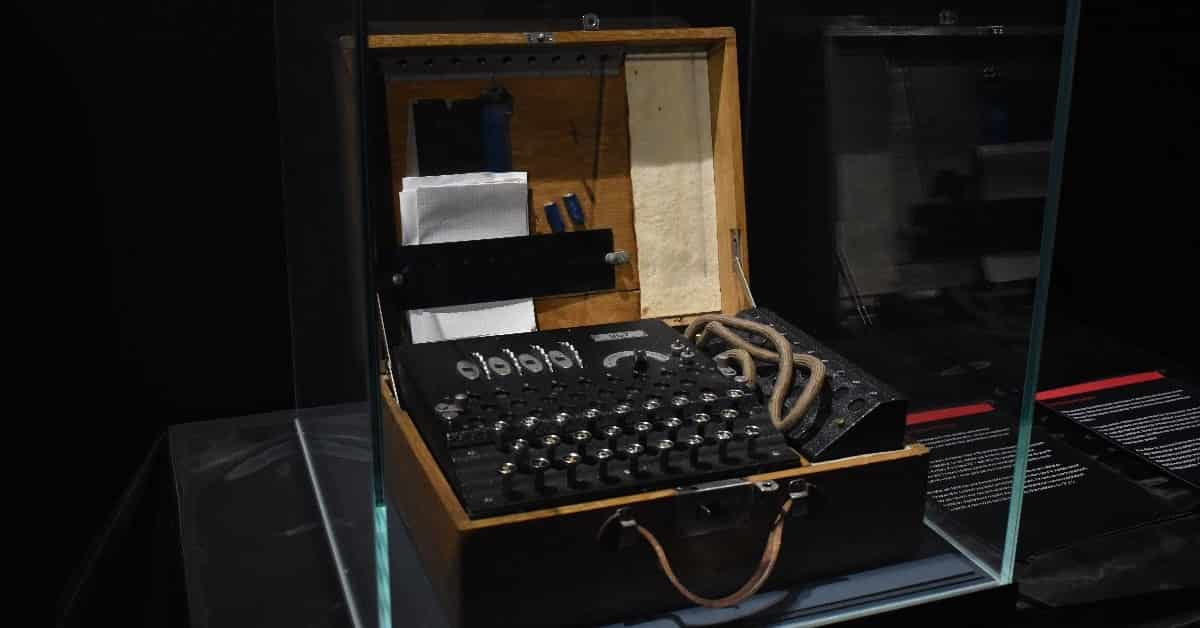





コメント